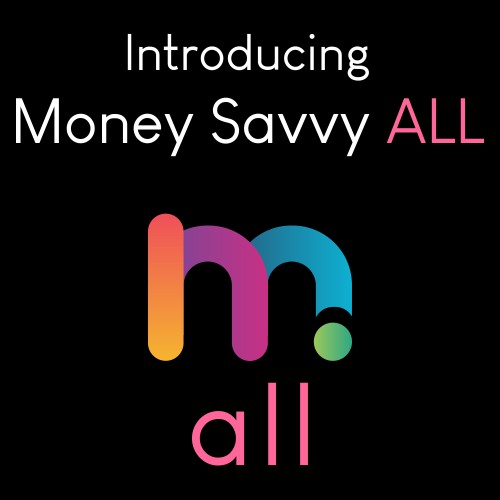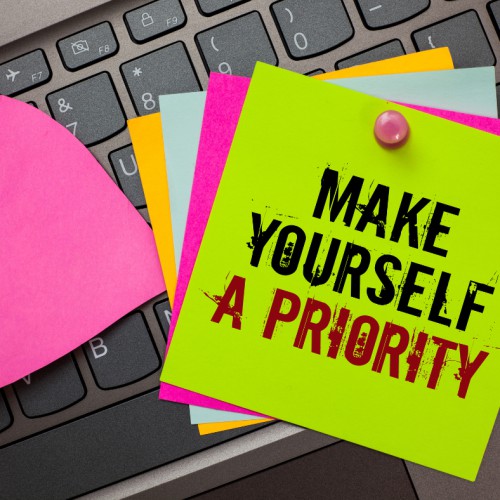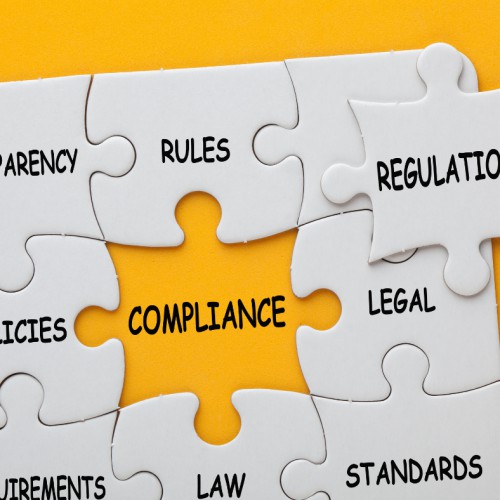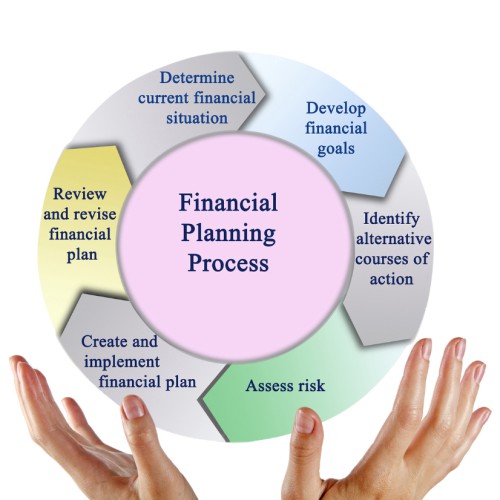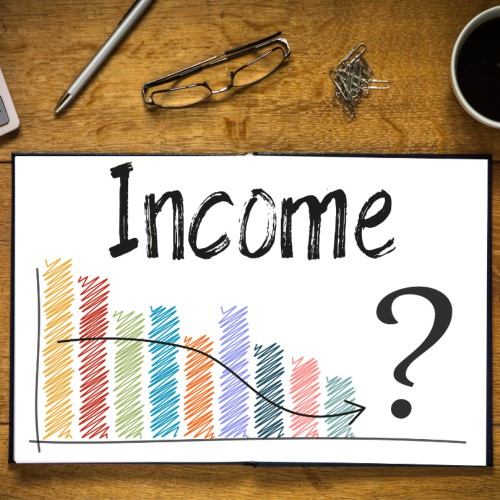A Financial Roadmap for 2024 and Beyond
In the vibrant and diverse landscape of South Africa, women often find themselves juggling multiple roles and facing unique challenges, both in their personal lives as mothers and in their professional careers. As we stand on the threshold of 2024, the importance of financial stability cannot be overstated. This article aims to provide a comprehensive financial roadmap for women in South Africa, offering insights into daily financial habits, planning for career changes, monthly retirement considerations, coping with spousal job loss, setting meaningful financial goals, and embracing a positive money mindset for long-term success.













